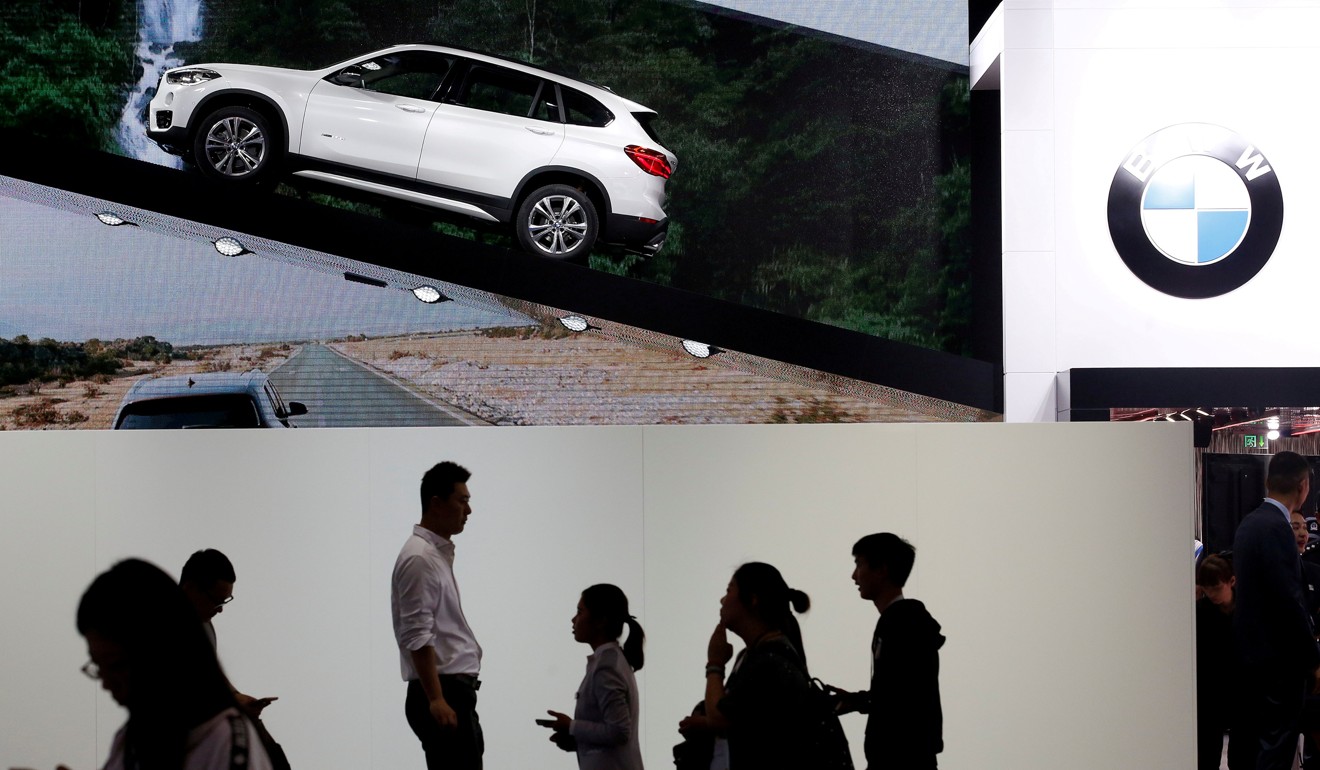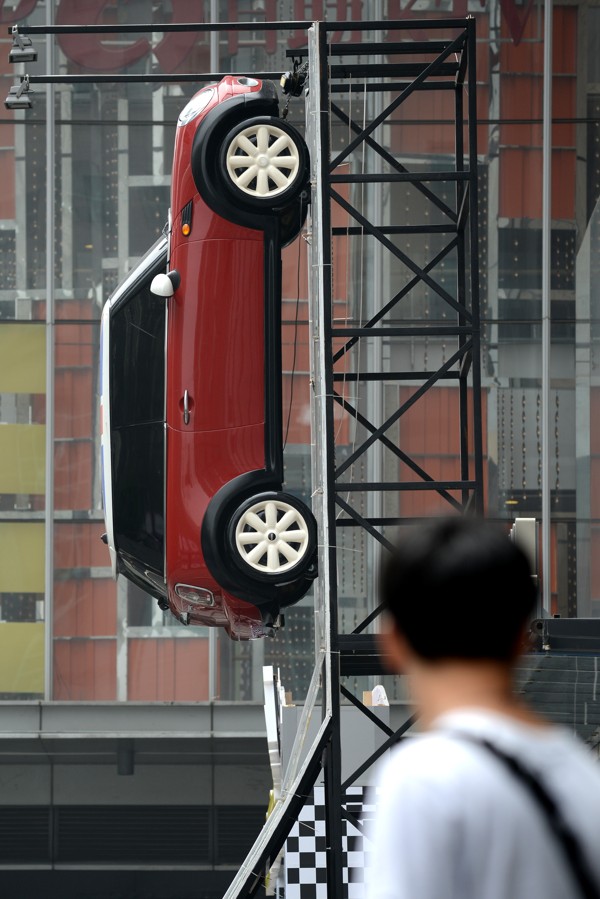
Countdown starts to resign conventional cars to history as China’s Sept green vehicle sales soar 80pc
The country has already exceeded the US to become the world’s largest electric car market. Sales are expected to jump 38 per cent in 2017 from last year, as more drivers embrace battery power
Sales of electric cars in China soared nearly 80 per cent in September compared with last year, from a 76 per cent increase in August, thanks in part to the government’s accelerated efforts at advancing the country’s capabilities in the new technology and promoting the forming of joint ventures with foreign builders.
Sales and production of New Energy Vehicles (NEVs) – cars that are either partially or fully electric – reached 78,000 and 77,000 separately during the month, both up nearly 80 per cent from a year ago, data from the China Association of Automobile Manufacturers (CAAM) confirmed on Thursday.
CAAM previously forecast that sales of NEWs could reach 700,000 by 2017, up 38 per cent from this year’s 507,000.

NEVs include battery electric vehicles (BEVs), plug-in hybrids (PHEVs) and fuel-cell cars.
In the first nine months of the year, sales and production of NEVs increased 40 per cent and 38 per cent respectively, to 398,000 and 424,000.
All car sales increased 5.7 per cent on year in September to 2.7 million, while during the first three quarters total sales grew 4.5 per cent, to 20.2 million cars.
The Chinese government unveiled aggressive new electric car policies in late September, which will require all its car manufacturers to obtain a NEV score of at least 10 per cent, starting from 2019 and then up to 12 per cent by 2020. The score is related to the production or import of electric vehicles.
The ultimate target is electric and hybrid cars making up at least a fifth of the country’s cars by 2025.
The car industry is coming under increased scrutiny both to address China’s dreadful levels of air pollution and help its domestic makers achieve global competitiveness with the technology.
The policy, to be fully introduced by April next year, applies to all car makers that manufacture or import more than 30,000 conventional-fuel vehicles annually.
Those that fail to meet them must buy credit scores from peers, or could face suspension of business.
The UK and France pledged in July, separately, that they plan to ban sales of petrol and diesel vehicles by 2040, part of growing global efforts to curb emissions and fight climate change.
Officials from China’s Ministry of Industry and Information Technology said last month they too have been working out a timetable for eliminating fossil-fuel-powered car sales in the country.
Last month, the National Development and Reform Commission, the country’s top economic planner, said restrictions on foreign capital being invested in the domestic NEV industry would be reduced in the second half of this year.

The country is also actively encouraging foreign car makers with assembly plants in China to shift gear to producing electric vehicles. Tesla, Ford Motor, Daimler, and General Motors are among firms that have already announced plans for making electric vehicles in China.
Reuters reported on Wednesday that German luxury carmaker BMW has said it is looking to form a joint venture with Great Wall Motor in China, which would focus solely on electric vehicles, according to two unnamed sources, naming the likely site as the eastern city of Changshu in Jiangsu province.
While Bloomberg quoted “people with knowledge” that BMW was working on a deal that could bring manufacturing of the iconic Mini brand outside Europe for the first time.
Great Wall halted trading on Thursday ahead of releasing a clarification on those media reports, after the stock jumped 14 per cent on Wednesday.
BMW already has a joint venture in China with local carmaker Brilliance China Automotive Holdings and produces cars at two plants in Shenyang, north east China’s of Liaoning Province.
China exceeded the US in 2016 to become the world’s largest electric car market, accounting for more than 40 per cent of electric cars sold in the world and more than double the amount sold in the US, according to a report by the International Energy Agency in June.

